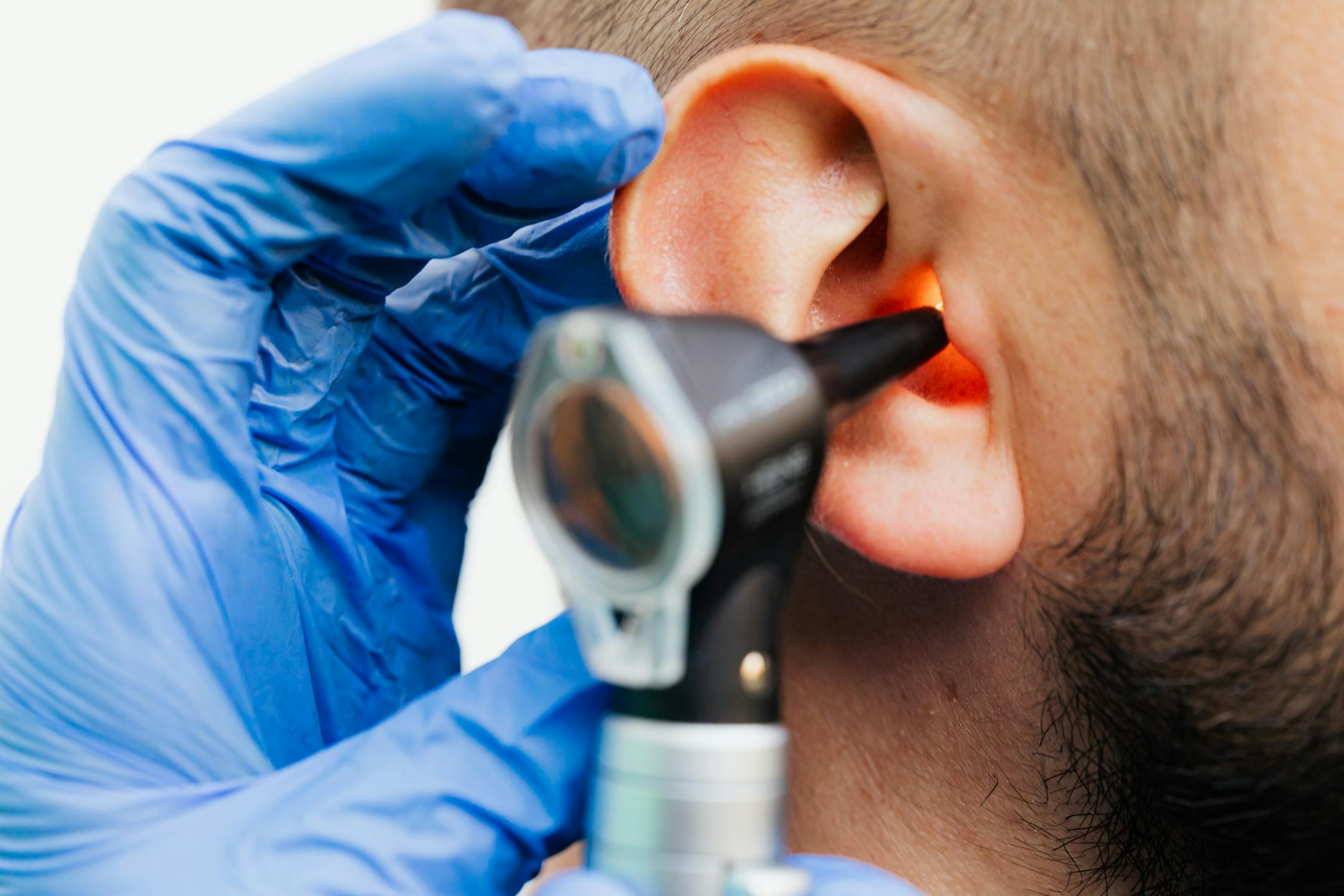Heart failure is a serious condition that affects millions worldwide. While some symptoms are well-known, others are often overlooked, leading to delayed diagnosis and treatment. Recognizing all the signs is crucial for early intervention and better health outcomes.
Understanding Heart Failure

Heart failure occurs when the heart cannot pump blood effectively, leading to insufficient blood flow to meet the body’s needs. This condition can result from various factors, including high blood pressure, coronary artery disease, and diabetes. Heart failure can develop gradually or suddenly, and its severity can range from mild to life-threatening.
There are different types of heart failure, such as left-sided, right-sided, and biventricular failure, depending on which part of the heart is affected. Each type presents specific symptoms and requires tailored treatment approaches. Early detection and management are vital to prevent complications and improve quality of life.
Common Signs of Heart Failure

Recognizing the symptoms of heart failure is essential for timely medical intervention. Common signs include:
- Shortness of breath: Especially during physical activity or when lying down.
- Fatigue and weakness: Feeling tired even after rest.
- Swelling: Notably in the legs, ankles, and feet due to fluid buildup.
- Rapid or irregular heartbeat: The heart compensates for its reduced efficiency.
- Persistent cough or wheezing: Often producing white or pink mucus.
These heart failure symptoms can vary in intensity and may not all be present. It’s essential to consult a healthcare provider if you experience any of them.
Read More: Heart Surgeon Reveals 4 Everyday Habits to Avoid for Better Health
The Surprising Sign: Hearing Loss

While the above symptoms are commonly associated with heart failure, recent studies have identified hearing loss as a potential early indicator. Research analyzing data from over 160,000 individuals found that those with impaired hearing had a higher risk of developing heart failure over an 11-year period. The risk was notably higher among participants who did not use hearing aids. The study suggests that psychological distress caused by hearing impairment plays a notable role in developing heart problems.
The connection between hearing loss and heart health may be due to shared vascular pathways. Reduced blood flow can affect both hearing and cardiac function. Additionally, hearing loss can lead to social isolation and depression, which are known risk factors for heart disease.
Recognizing the Signs and Seeking Help

Recognizing heart failure symptom is crucial for timely intervention and effective management. Common symptoms include persistent shortness of breath, especially during physical activity or when lying down, which may indicate fluid accumulation in the lungs due to the heart’s reduced pumping efficiency. Unexplained fatigue and weakness can result from inadequate blood flow to meet the body’s energy demands. Swelling in the lower extremities, such as the legs, ankles, and feet, often signifies fluid retention caused by the heart’s inability to circulate blood properly. An irregular or rapid heartbeat may be the heart’s response to compensate for its diminished function.
Additionally, hearing difficulties or sudden hearing loss have emerged as surprising indicators of heart failure risk, potentially linked to shared vascular pathways and psychological distress associated with hearing impairment. If you experience any of these symptoms, it’s essential to consult a healthcare professional promptly. Early diagnosis allows for effective treatment strategies to prevent the progression of heart failure. Regular medical check-ups and open communication with your doctor play a vital role in monitoring heart health and addressing any concerns that may arise. By staying vigilant and proactive, you can take significant steps toward maintaining a healthy heart and overall well-being.
Tips for a Healthy Heart

Maintaining heart health involves a combination of lifestyle choices and regular medical care. Here are some tips:
- Exercise regularly: Aim for at least 150 minutes of moderate aerobic activity each week.
- Eat a balanced diet: Focus on fruits, vegetables, whole grains, lean proteins, and healthy fats.
- Manage stress: Practice relaxation techniques like meditation, deep breathing, or yoga.
- Avoid tobacco and limit alcohol: These substances can increase the risk of heart disease.
- Monitor your health: Keep track of blood pressure, cholesterol levels, and blood sugar.
Heart failure is a serious but manageable condition—especially when caught early. While symptoms like fatigue and shortness of breath are well-known, emerging research shows that hearing loss could also be an early warning sign. This surprising connection highlights the importance of paying attention to all changes in your body, even those that seem unrelated to heart health. Recognizing both the common and unexpected symptoms can lead to earlier diagnosis and more effective treatment. Regular checkups, a healthy lifestyle, and staying informed can make a big difference in preventing or managing heart failure. Don’t ignore unusual symptoms, especially if they appear alongside known signs. Whether it’s swelling in your feet or trouble hearing conversations, take action. Your heart works hard every day—giving it the care and attention it needs can help you live a longer, healthier life.

